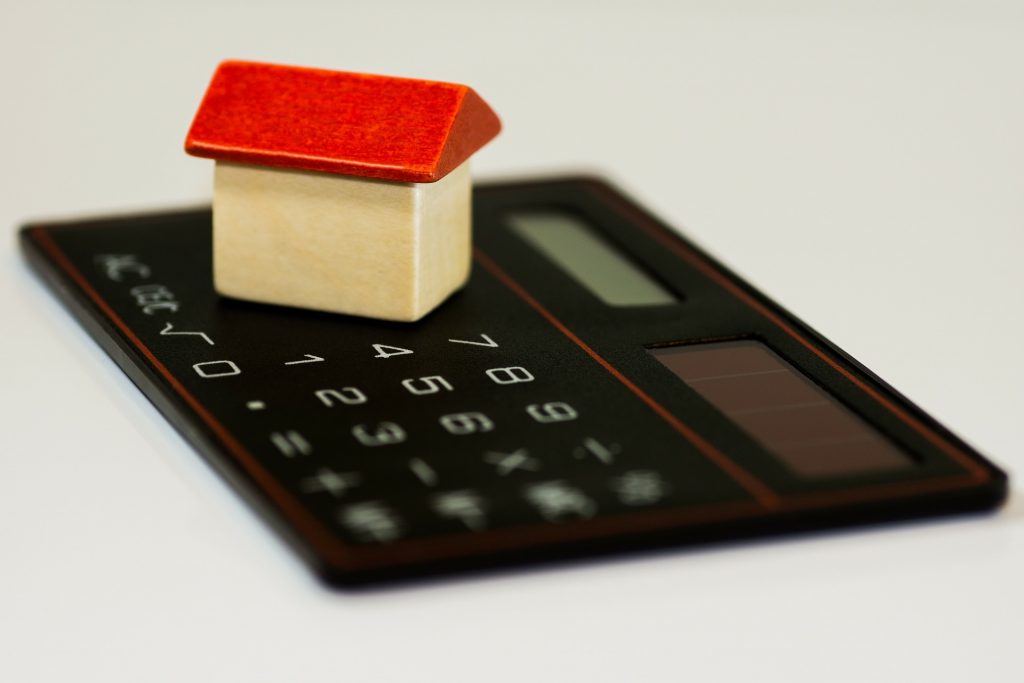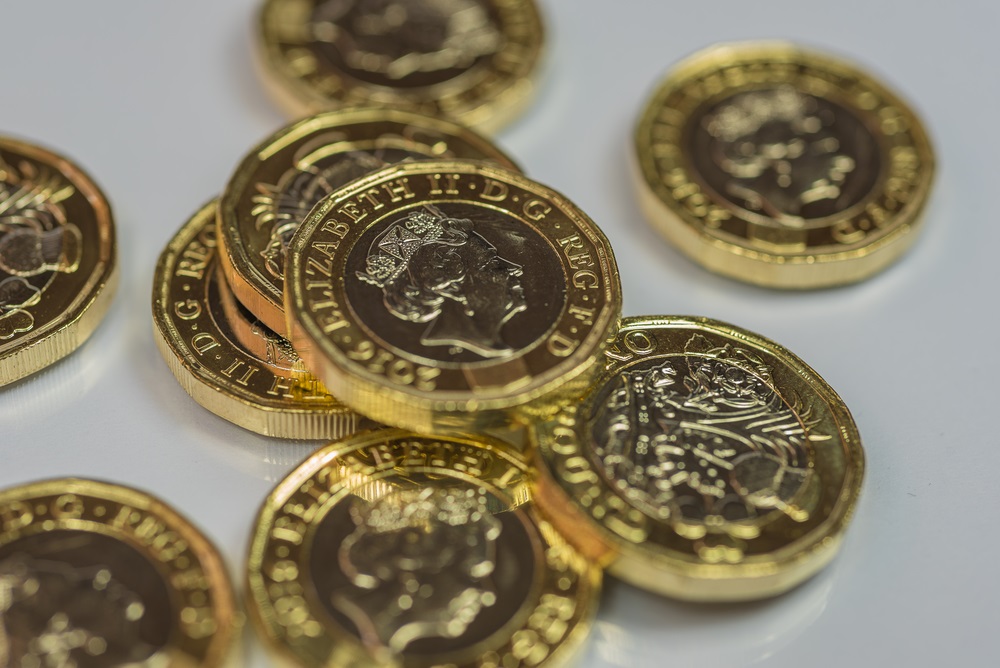
I'm a property expert that still remembers the days when having broadband was a selling point! My articles cover issues that homesellers face in the UK and answer the questions we're all asking. I've bought and sold properties and helped others do the same, so my writing comes from years of experience.
Read Full Bio >Getting your foot on the property ladder can seem to be a daunting experience for a first time buyer. The upfront costs can be substantial, and many find it hard to get the money together for a deposit. It can easily be the most important and expensive purchase you make in your life. Whilst the upfront costs can be daunting, you can save yourself money in the long run when you compare with rising rental costs. You will also have more freedom as the property is yours to own and do what you want with.
If you ask previous generations of home buyers, they will likely tell you things are harder today then they were when they bought a property. The government has put measures and schemes in place to help a first time buyer circumnavigate these problems. We’ve put together a guide that briefly covers everything you need to know and prepare for when buying your first home.
Deposit
The first thing you will need to do as a first time buyer is save up for a deposit. The amount you save will determine the property you can afford to buy. Currently, the minimum you will need to save as a deposit is 5% of the property value. By saving up to 20% however, you will be able to get a cheaper rate on your mortgage.

As a first time buyer, you can also receive help with your deposit under the governments ‘Help to Buy’ scheme. Saving can be made easier using the ‘Help to Buy: ISA’. The ISA is available from a range of banks and building societies. The money you put into the ISA will be boosted by 25%. For every £200 you save the government will put in an extra £50.
If you are buying a newly built property you can borrow up to 20% of the value of the home with the ‘Help to Buy: Equity Loan’. Along with your 5% deposit, this will mean you can then get a mortgage for the remaining 75%. You can find more about the scheme and how the loan is repaid here.
Costs
As well as saving for a deposit, you will need to save for other costs as well. The great news is that you will no longer have to pay stamp duty on the first £300,000 for properties worth up to £500,000. You can find out more about the stamp duty here.

You will need to factor in the costs of surveys and solicitor’s fees. Cost for these varies so it is worth researching to look at the costs involved. A solicitor is vital to ensure a smooth transaction when buying your home. As a first time buyer, this is vital to ensure stress is kept to a minimum. If you are buying an older property you might have to budget for decoration and possible refurbishing costs. You will also need money for moving, things like van and hire services. Click here for a checklist of costs you will need to plan for.
Mortgage
Mortgages can seem daunting for first time buyers. It’s important to work out what you can afford. As well as your mortgage payments you will also need to factor in ongoing costs like council tax, insurance, maintenance and household bills. The Money Advice Service provides a mortgage affordability calculator that you can find here.

The majority of high street banks and building societies provide mortgages for a first time buyer. You can also use a mortgage broker. There are a variety of different types of mortgages and it is important to choose one that suits you best. Fixed rate mortgages will mean the interest you pay will stay the same throughout the length of the deal. Variable rates mortgages mean the interest rate can change at any time and tracker mortgages move directly in line with another interest rate (normally the Bank of England base rate). These are just some of the different types of mortgages available, and it is worth speaking with your bank to see what is available to you.
Government Schemes
As well as the ISA and equity loan under the ‘Help to Buy’ scheme that we mentioned earlier, the government provides other schemes that may be of benefit to you.
If you can’t quite afford to buy 100% of a home, then the ‘Help to Buy: Shared Ownership’ scheme might work for you. You buy a share of an eligible home (between 25% and 75%) and then pay rent on the remaining share. As a first time buyer, this can help you get on the property ladder and you can then purchase remaining shares at some point in the future.
Some local council and housing associations provide discounted sales for first time buyers. These are normally sold at a 25%-50% discount. You must usually have a local connection to the area the home is in if you want to use this scheme and not all councils and housing associations provide it.
Finding Your Home
Here at Springbok, we have been helping first time buyers find their perfect properties for years. We currently have a 4.58/5 rating on allAgents, the UK’s largest customer review site for the property industry. Here are just some of the reviews we have received in December from first time buyers:
“Great friendly service organised my viewing well and was quick to deal with any questions I had as I am a first time buyer” – Markmack
“This is my first to buy property and I felt Springbok Properties are an excellent agency to deal with, helping to make the experience less daunting.” – Smiah
“Thanks for everything, there every step of the way with my first ever purchase pleasure to deal with would use again!” – Dan Fishpool
We have properties across the country for sale perfect for a first time buyer. Why not start your search today by clicking here.








